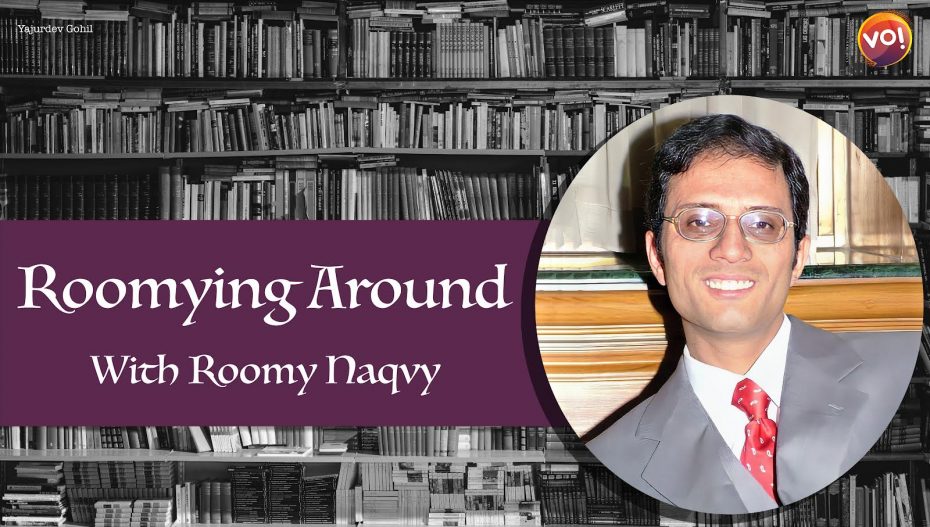In pandemic enforced times, our first thoughts are those of fear, deprivation, death, grief and a range of emotions over which we have no control. Traumas of different kinds come to reside in our beings. These intense experiences should not be taken lightly. However, in the annals of literature, we find various ways of coping up. From Greek times, catharsis was the purging of fear that led to a new dawn. But let us first look at something nearer to us.
Albert Camus became the youngest French writer to win the Nobel Prize for Literature in 1957 at the age of 44 and he was being nominated ever since he was in his early thirties. His novel, The Plague, is a novel for our times. After a plague hits Oran, in the beginning, no one takes it seriously. The authorities and the doctors are full of indifference. Deaths pile up. Once, it is clear there’s a serious epidemic, Oran is placed under a harsh quarantine. The range of emotions in the novel is a reflection of our last eighteen months. It is after harsh isolation that the people of Oran have the vision to look beyond their personal suffering. The individual transforms into the collective. They, then, come to realize the collective trauma of the plague. The people understand that it concerns everyone in their social fabric.
Quote from The Plague by Albert Camus: Everyone knows that pestilences have a way of recurring in the world; yet somehow we find it hard to believe in ones that crash down on our heads from a blue sky. There have been as many plagues as wars in history; yet always plagues and wars take people equally by surprise. (p. 34, The Plague, translated by Stuart Gilbert, Penguin Books, 1947)
People of Oran meld together into one unit and everyone joins in to combat the plague. Their efforts, a testimony to human resilience, are poignant and make The Plague a novel for us, these days. Trauma is sometimes best overcome as collective grief, where everyone chips in. It is the warmth of other human beings that helps us overcome our biggest traumas.
One of my former students told me about this wave of death, destruction, deprivation, he said, “It hurts”. In the movie, Lawrence of Arabia, which David Lean directed, there’s a little clip that I like. Peter O’Toole as T. E. Lawrence has this habit of lighting a cigarette with a matchstick, then he always extinguishes the match with his fingers. The others notice it, but Lawrence isn’t even bothered. Then, a colleague of his does the same and it burns his fingers. He says, “It damn hurts”. Lawrence replies, “Certainly, it hurts”. His colleague asks, “What’s the trick then?” And Lawrence replies, “The trick is not minding that it hurts”. This incident was on a lighter note, so, our discussion of trauma, death, grief would not become too heavy for us to bear. But the point is a pertinent one, whether we don’t mind the pain or whether others collectively help us overcome it.
The resolution of pain is as old as humanity. Or so. I referred to Greek drama a while ago. Aristotle in his seminal study of tragic drama, Poetics, talks about the role of catharsis and how it helps us purge ourselves of pity and fear. The premise is quite clear, that tragedy is instructional in nature; it helps us learn new ways of coping with our lives. That is why once we resolve grief and trauma in our lives, we look afresh at our lives with a new lens. This is exactly what marks out our human race as different and unique from other species that inhabit our earth.
The resolution of trauma is not easy, nor do I belittle it, even unconsciously, in my thoughts above. There are ways of resolving it. Or one finds ways of doing so. Thus, ‘resilience’ is at the core of the human being.
Viktor Frankl provides rather relevant insights for us. He was sent to a concentration camp. He survived it and went on to found Logotherapy, a very influential school of psychiatry in the twentieth century. He chronicles his story in the book, Man’s Search for Meaning. It is not death that is fearful, but it is the fear of death and being surrounded by death—that breaks down a human being completely. For Viktor Frankl, being surrounded by death all around him was enough to galvanize him to stay put, to keep his sanity intact and look for meaning during such senselessness. He says rightly so, “When we are no longer able to change a situation, we are challenged to change ourselves.”
It is on this note of resolution of trauma and grief that I would like to end. May each one of you find ways to resolve your grief and trauma and renew yourselves afresh. Amen.













‘once we resolve grief and trauma in our lives, we look afresh at our lives with a new lens’ but what do we finally see, sir?
“But, what do we finally see?”
I have to see through my own lens for myself. You cannot see for me. For you may have your own trauma to resolve. By the “collective” I understand, that I have to experience my own pain of “extinguishing my match with my fingers” only then someone else can relate to what I am talking about. Resolving the trauma in the collective is nether quick nor easy. Yes it is necessary, nay essential to our continued existence.